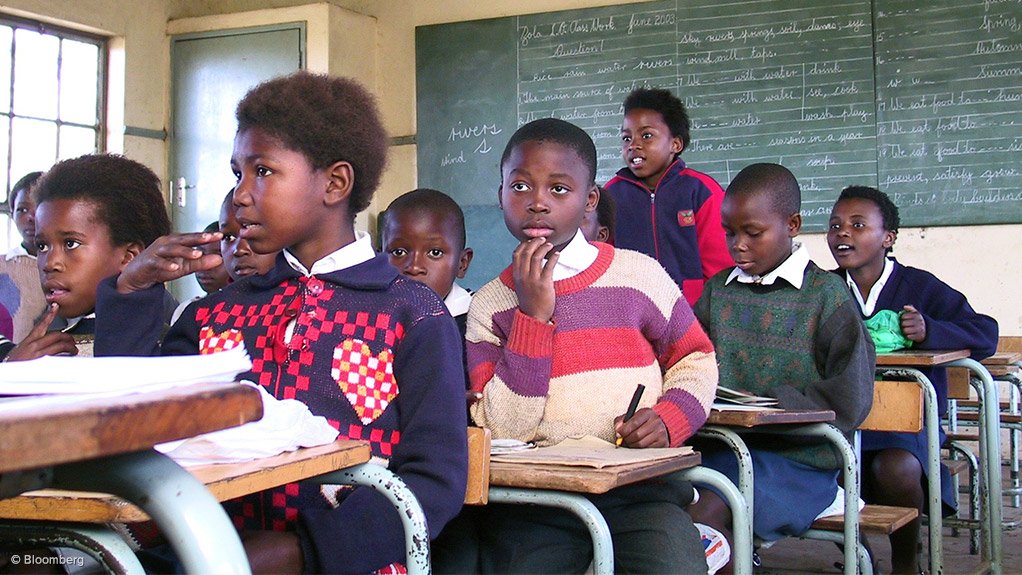/ MEDIA STATEMENT / The content on this page is not written by Polity.org.za, but is supplied by third parties. This content does not constitute news reporting by Polity.org.za.
The DA has always been very clear that we completely reject the Basic Education Laws Amendment (BELA) Bill in its current form.
While we support educational reform, we will not support a Bill that ultimately disempowers schools and communities and fails to address a single one of the systemic challenges that impede quality education in South Africa – overcrowding, curriculum failures, poor literacy and numeracy rates, dropouts, unsafe and unsanitary education facilities, poor quality teaching, and lack of resources.
We also find it very problematic that the extensive public participation processes were nothing more than an expensive box-ticking exercises. Had it not been for the DA, thousands of email submissions would have remained unanalysed. The parliamentary portfolio committee on basic education’s ANC majority completely disregarded the bulk of submissions that rejected the BELA Bill and voiced concerns regarding its implementation.
1. Mandatory Grade R
While the DA supports the intention of compulsory grade R, the Department of Basic Education (DBE) does not have the R12 billion needed to implement this for all learners. Furthermore, the implementation of this clause might cause cuts to other struggling, but vital programs like the National School Nutrition Programme (NSNP) or the learner transport program.
2. Admission policies
The BELA Bill seeks to disempower school governing bodies (SGBs) from determining their schools’ admission policies and centralise this competency to the Head of a Provincial Department (HOD). The administrative burden on the HOD to approve every admission policy in the province would be immense and impractical and can lead to abuse of power.
The DA believes that appropriate mechanisms should be put in place for rare cases where a school might discriminate against learners. However, the HOD cannot be both player and referee as the appeals and implementation authority.
3. Language policies
The DA opposes disempowering SGBs from determining schools’ language policies. We worry that this clause could be exploited to target single language and mother tongue education schools to change their language policies. It is also highly impractical for the HOD to approve the language policies of all the schools in the province within the required timeframe.
As with admission policies, an appropriate appeals mechanism needs to be established. Fourteen days is not enough to appeal HOD decisions on language policies, nor should the HOD be both the appeals and implementation authority.
4. Centralisation of power
SGBs at public schools and schools for learners with special needs (LSEN) should be free to determine how their members are elected without the Minister’s intrusion on the provinces.
A 14-day deadline is unreasonably short to appeal the dissolving of SGBs by the HODs.
5. Regulation of the homeschooling sector
The Department has failed to meaningfully engage with the homeschooling sector regarding the most reasonable and appropriate ways to assess learners. Nor has the Department satisfactorily addressed parents’ concerns regarding registration of learners and inspection of premises.
The BELA Bill not only contains exploitative clauses, it also fails to address blended and online learning, despite the Covid-pandemic showing the importance of these forms of education. Furthermore, the Bill does not provide enough protection for victims of sexual assault that have to attend disciplinary hearings, which could lead to further traumatisation.
The BELA Bill’s focus of centralising power holds too much risk of abuse and its failure to address the systematic issues that plague basic education in the country does not bode well.
Join us tomorrow as we protest against the discriminatory BELA Bill.
The details are:
Date: Tomorrow, 26 October 2023
Time: 12:15
Place: Louis Botha statue outside Parliament
Address: Corner of Roeland and Plein Streets, Cape Town
Issued by Baxolile Nodada MP - DA Shadow Minister of Basic Education
EMAIL THIS ARTICLE SAVE THIS ARTICLE ARTICLE ENQUIRY
To subscribe email subscriptions@creamermedia.co.za or click here
To advertise email advertising@creamermedia.co.za or click here











